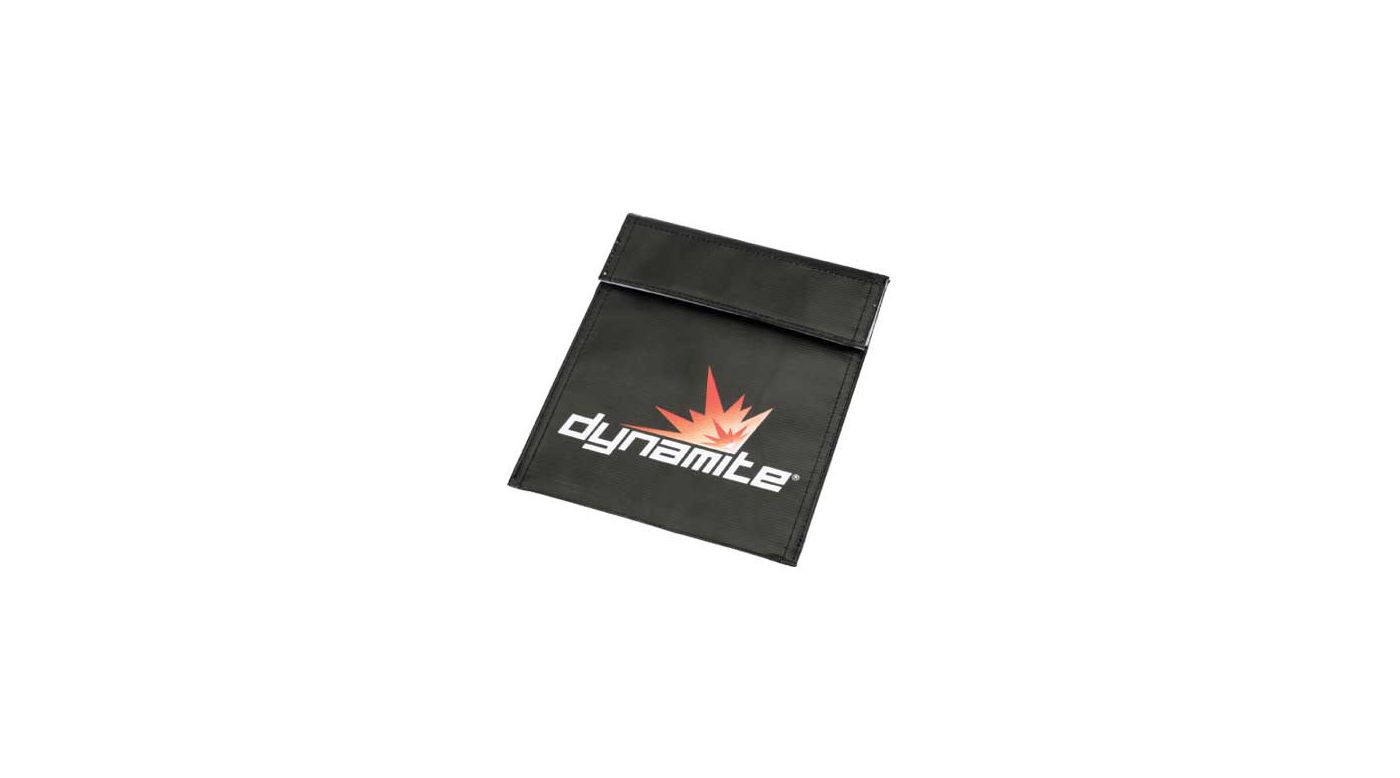- Joined
- May 25, 2017
- Messages
- 8,476
- Reactions
- 7,966
- Age
- 63
Though slightly off topic, there was a very good example shown on news channels here and across Australia over the weekend, where a portable battery charging unit caught fire (cause not reported) on the front seat of an SUV. The woman driving the vehicle barely had the time to get her two children out and away from the SUV before it erupted into a fireball. The vehicle was gutted. Thankfully no one was injured.
Just for interest and clarification . . .
I just found a further news report on this, more light shed on the cause and battery concerned . . .
PICTURED: Mum who pulled her kids from car seconds before it exploded
"Ms Hayes was having problems with her car battery so she decided to buy a back-up battery pack to keep in her car and jump start the engine when need be."
. . . and it was a Boxo brand high power mini jump pack.
Seems this has been withdrawn form supply here as links I found were no longer valid.
However looking around most of these battery mini jump packs are Lithium-ion based, not sure how that is compared to Lipo.












